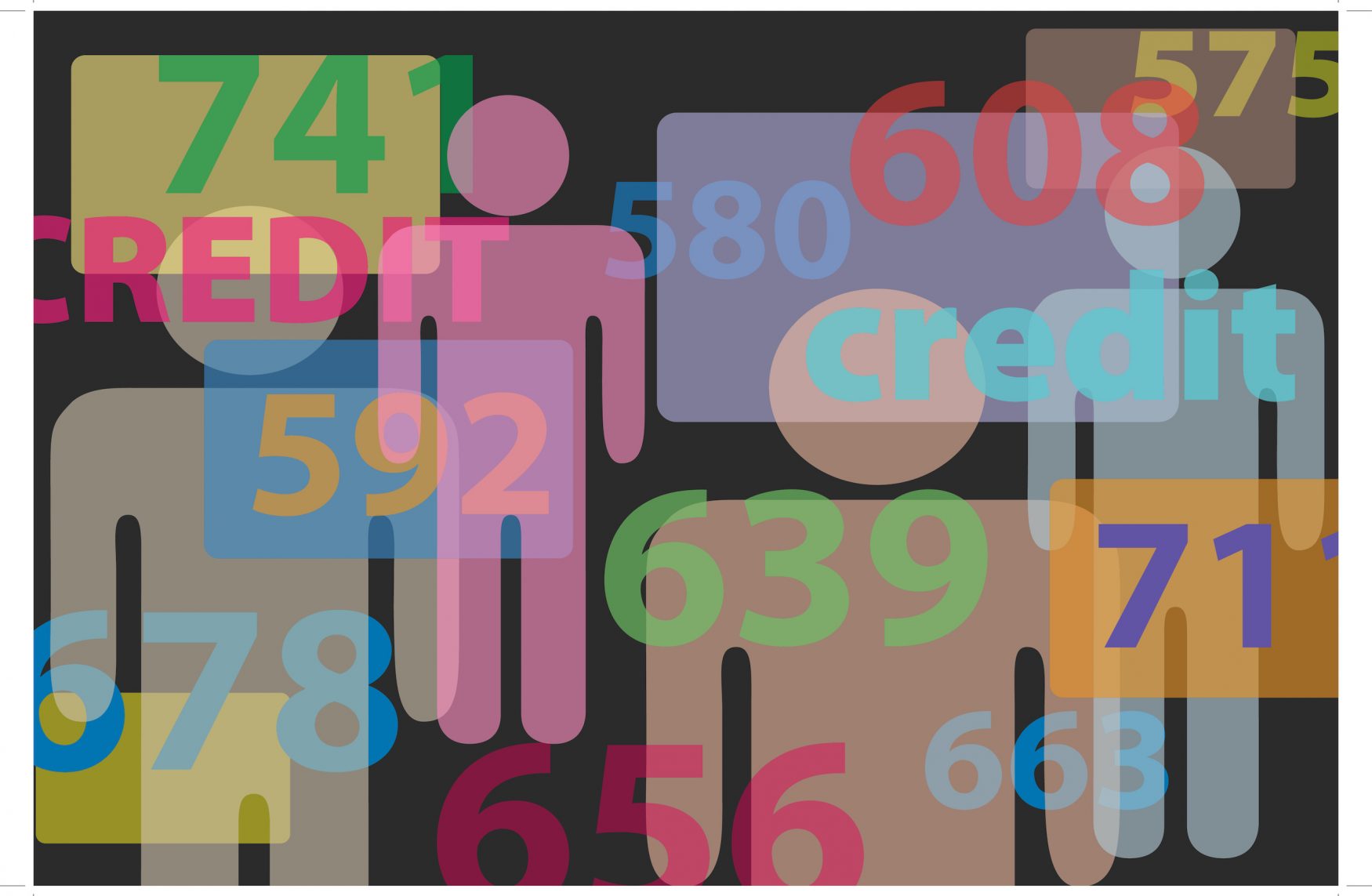
Problems with Experian Credit Reporting
Consumer Concerns With Experian Credit Reporting Abound. The Credit Agencies Serve Only to Hurt People’s Chances at Gaining Economic Freedom From NWO Bankers.
Experian credit reporting is designed to keep you in the dark.
There’s really no other way to characterize the credit bureau’s decision to stop selling credit scores to individuals as of Feb. 14, 2009. The system favors banks.
All of the major credit reporting bureaus base their ratings on a score that was developed by Fair Isaac Corporation in Minneapolis.
This score is known to most people by its developers popular trademark FICO.
Experian pulled out of its agreement with myFICO.com, which had been the only place where consumers could buy their FICO scores from all three bureaus.
Experian will continue to sell FICOs to lenders. That’s big business, because the FICO is the leading credit scoring formula and the one used by most lenders.
According to Experian spokeswoman, Susan Hensen, there isn’t one credit score that each and every financial institution uses to make decisions.
Hensen further states that there is no credit score available to consumers to help them understand and manage their credit.
She claims there are many reputable credit scores consumers can use to evaluate their credit before making any financial decisions. Experian has been reciting this line for years.
When consumers buy credit scores directly from Experian, they’re sold what the bureau calls “educational” scores: Experian’s PLUS or the VantageScore, a formula cooked up with the other two major bureaus that hasn’t been terribly popular with lenders.
So many consumers have been fooled by this gambit, thinking they’re getting FICOs from Experian credit reporting when they’re not, that some consumer advocates refer to these other credit scores as “FAKO scores.”
Why FICO Should Matter
Experian’s position is that a credit score is a credit score but these non-FICOs have consequences.
Mortgage brokers and other lending professionals have long complained, even before the VantageScore was introduced, that the bureaus’ educational scores are often 30 to 100 points higher than consumers’ FICO scores.
The VantageScore’s scale of 501 to 990, differs so drastically from FICO’s 300 to 850, that the same number means vastly different things. A 760 would be an excellent FICO score, for example, but a mediocre rating on VantageScore.
The result is would-be borrowers who bought something other than a FICO may think they’re in a position to get a great rate, when they might not have a high enough score to get any loan at all.
Mortgages are also a prime example of why you need to see all three of your FICO scores by Experian credit reporting and the other bureaus, not just the two that are still available at myFICO.com.
That’s because mortgage lenders typically pull all three of your FICO scores and use the middle one to determine your interest rate.
If your FICO scores are 740 from Experian, 680 from TransUnion and 715 from Equifax, for example, most lenders will use the 715 score to set your rate.
If one of those scores is missing, you have no way of knowing what your middle score is or what rate you deserve.
You’re walking blind into one of the most important financial transactions of your life.
It isn’t Fair
In this particular case, consumers are being trampled in a fight among the heavyweights of the industry: one of the credit bureaus and Fair Isaac, the company that created the FICO formula.
Experian Executive Vice President Peg Smith said the bureau didn’t set out to cut consumers off from their FICO scores and in fact wanted to expand access to the scores by selling FICOs from Experian.com, something its agreement with Fair Isaac hadn’t allowed.
But the terms of the new contract Fair Isaac proposed were “so unreasonable,” Smith said, that Experian ended negotiations and decided to rethink its relationship with the scoring formula provider.
What led to Experian’s move isn’t as important as the fact that it did happen.
It’s time that you stop allowing your personal data to be seen solely as a profit center for big, faceless corporations via Experian credit reporting and other agencies.
Your access to the information that’s critical to your financial life shouldn’t be left to the whims of credit bureaus or lenders or anyone else.
If anyone uses a score to evaluate you, any score, you should have the right to see that score and challenge the data that goes into creating it.

 My First Amazing Ayahuasca Experience
My First Amazing Ayahuasca Experience  Pine Needle Tea
Pine Needle Tea  The REAL Controllers of Humanity: The Papal Bloodlines
The REAL Controllers of Humanity: The Papal Bloodlines  Is it Global Warming or Cooling?
Is it Global Warming or Cooling?  Gun Rights and Obama Examined
Gun Rights and Obama Examined